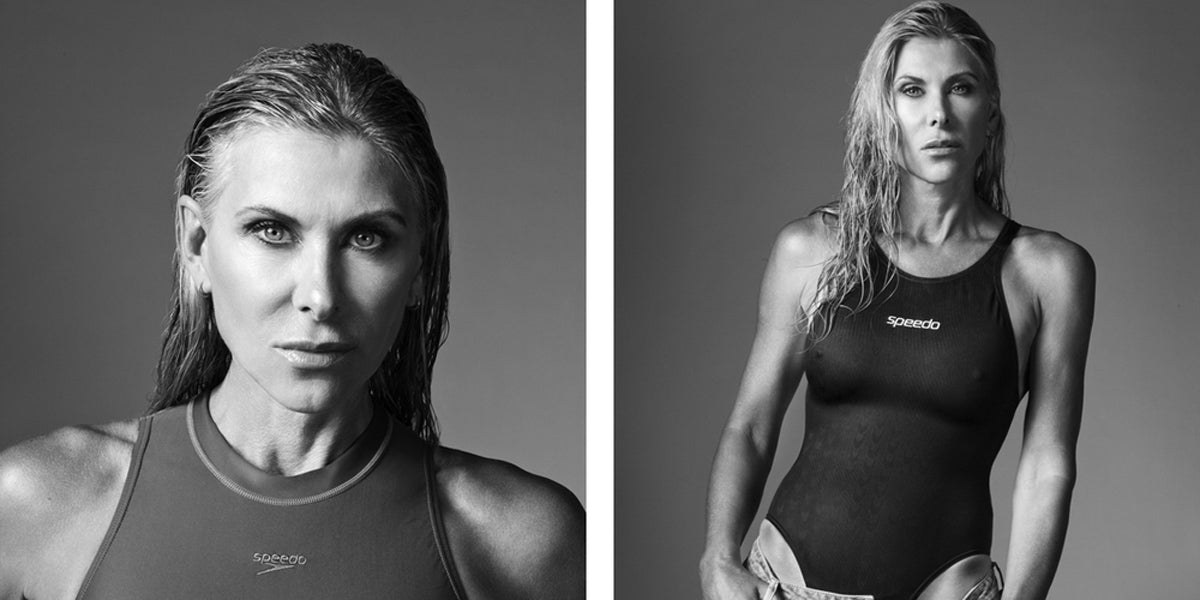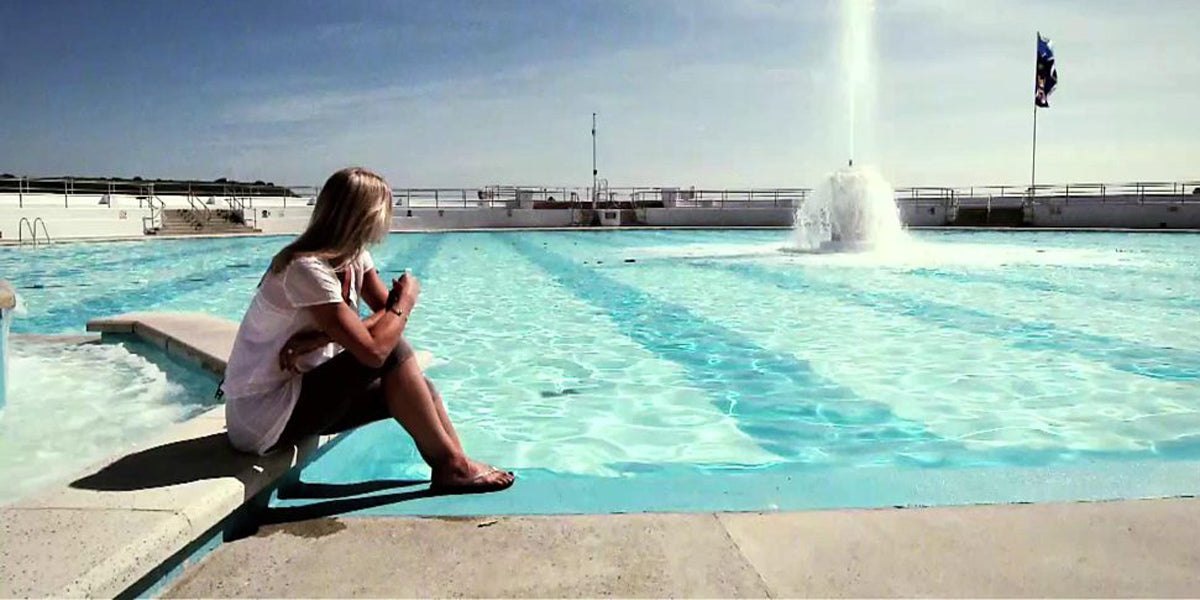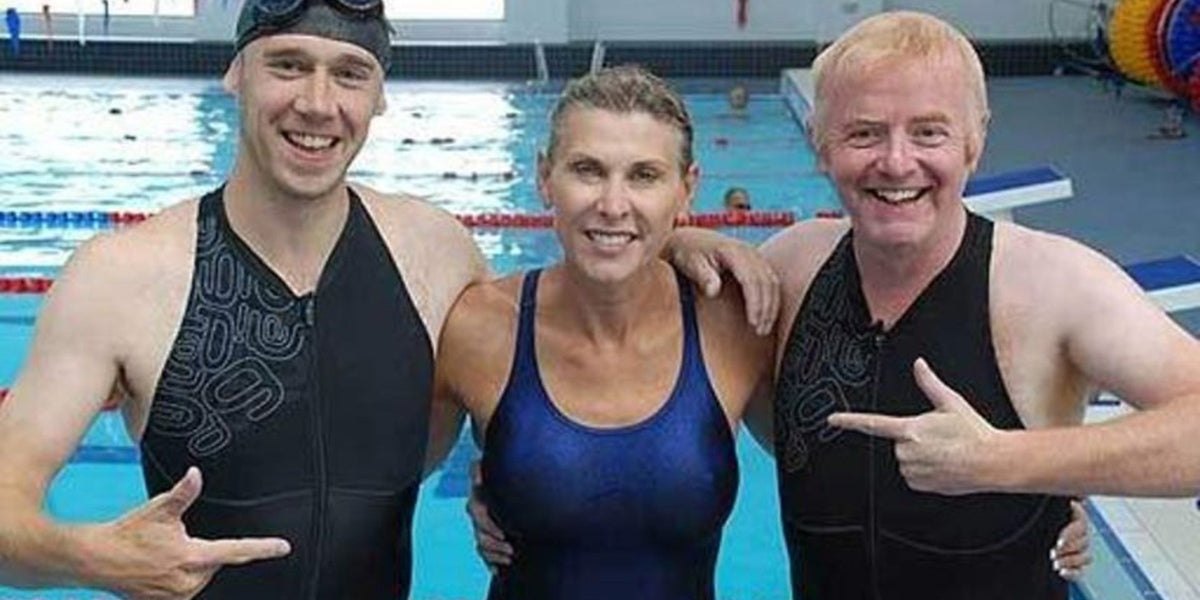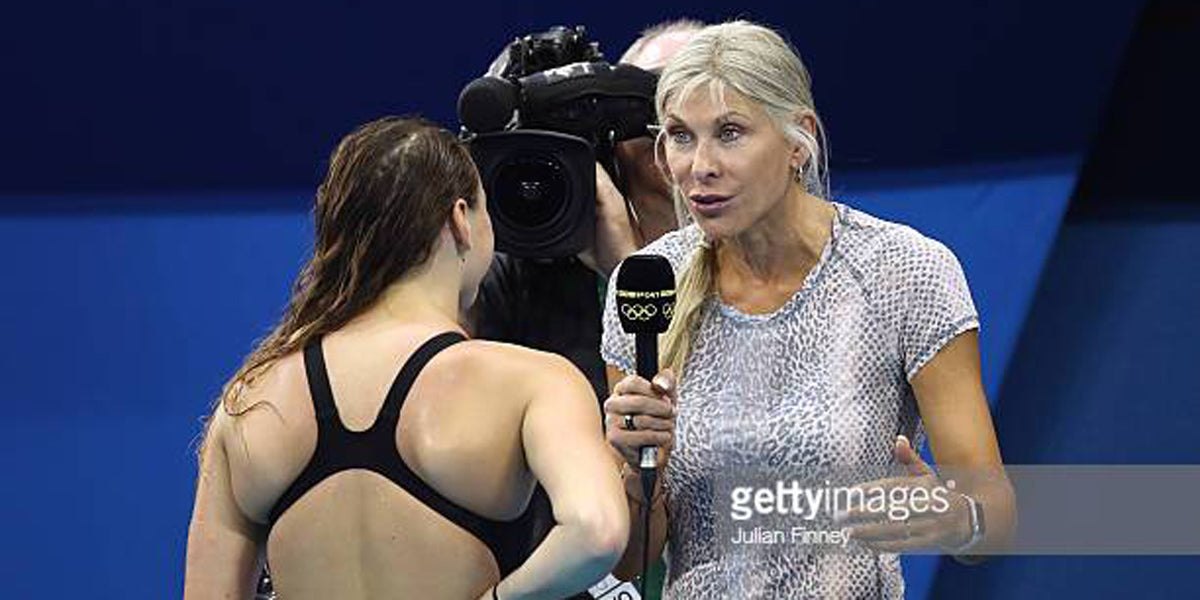Q&A With Olympic Swimmer Sharron Davies MBE


Sharron Davies is a British athlete who started her swimming career at the record-breaking young age of 11 years-old. She has represented Great Britain at the Olympics and Commonwealth Games as well as enjoying a media career working for the BBC and appearing on shows such as Dancing On Ice and The Island With Bear Grylls. Sundried had the honour of chatting with Sharron and finding out more about her fascinating life.
You started your competitive swimming career very young. How did it feel being an athlete and competing at such huge events as the Olympics and Commonwealth Games at such a young age?
Swimming used to be a very young sport. It is less so these days at elite level due to lottery funding but in some ways it still is. Swimmers learn early to get into the club system early, like gymnastics. However, swimmers' careers tend to be longer.
I was never daunted, I just enjoyed the experience which was so valuable when in my second Olympics I was aiming for medals. There were less multi-sport events when I was young and they are a unique environment. I’ve since done 11 Olympics: three competing and the rest working for the BBC and they are all different and amazing.

What has been your favourite race/event to date and why?
I always loved the Commonwealth Games. My Olympic career was blighted by East Germans who we now know conclusively were drug-aided. All my silver and bronze medals at world level are behind East Germans who today would be stripped of their medals. At the Commonwealth Games, I felt it was a level playing field and I could win gold. Which I did.
How did it feel being awarded an MBE for your services to swimming?
My MBE was a long time coming due to Mrs Thatcher not awarding any after the 1980 summer Moscow Olympics. However, it was a great honour and I loved taking my parents to Buckingham Palace; they were a huge support for me.
What was it like being a contestant on Dancing On Ice? Was it easier for you to pick up ice skating as someone who is already athletic or was it still tough?
Dancing On Ice was both great and horrid. Judge Jason Gardener was a nasty piece of work and his criticism was way past acceptable. It became very personal and it was hard for my kids going to school the next day. That's what I hate about reality television; others getting famous for being rude or outrageous. But learning to skate and working with my partner Pavel Aubrecht was wonderful. Since then I’ve done The Island with Bear Grylls and that was seriously hardcore!
Please tell us about the charities for whom you are a patron.
I work with many charities that are related to either sport, children, para-sport or nature. My soapbox issue is fitter children and marine conservation, looking after our seas, and reducing waste. We need to look after our world better. It’s shameful what we as humans are doing to it.
How do you maintain your fitness and health now that you are retired from professional swimming?
I’ve actually retired twice. Once at 19 because I needed a break to be normal, but to maintain my American University scholarship I had to swim. I just needed 6 months off from training 6 hours a day, but no one did that in the 1980s so I retired and worked in television instead.
Unfortunately, I was banned from competing as a professional swimmer for receiving £40 for appearing on a television quiz show and so I missed the 1984 LA Olympics. I came back after 8 years out once trust funds were introduced to swimming and competed in the 1992 Barcelona Olympics. Competing at three Olympics across three decades (1970s, 1980s, 1990s) is probably quite unusual.
When you retire, you have to completely retrain your eating habits as you can eat a lot of calories during a 6-hour training day! That’s not easy. These days I train about 4 times a week in the gym, but I also like to cycle. A typical training routine for me includes thirty minutes of cardio, 15 minutes of core work, and 15 minutes of weights. I’ve added in heavy weights once a week to reduce muscle wastage which increases once over the age of 50.

Do you follow a specific nutrition regime? If so, what/when do you eat?
I’m pretty good with food and I eat reasonably healthy. I put nothing on the banned list and eat everything in moderation. I don’t drink much alcohol, I have never smoked, and I try to look after my skin. Dieting is not great for the body; eating sensible, balanced food with regular exercise is always best. There is no magic formula and no shortcut sadly. A very good tip is not to eat late at night and use a smaller plate to achieve portion control.
Who is your biggest inspiration?
Inspirational people for me are all those that apply themselves, stay grounded, honest and fair. I admire great musicians, artist, architects, writers, sportsmen and women but behind every successful person there is usually a great support team who don’t get so much attention. My dad was my coach, my mum and brothers gave up a lot for me to swim and my swimming colleagues were all part of my team.
What advice do you wish you were given when you first started out?
When you start out you need to think of the long game and the fact there will be real highs and lows. Everything is a lesson and sport reflects life. It’s not about talent - though that certainly helps - it’s about perseverance, planning and application. Remember: if it was easy to be a great athlete, everyone would do it!

What advice would you give other young athletes embarking upon the world of competitive swimming?
Swimming has come a long way. The training and hours are no different to my time, but the support our British athletes get these days is second to none in the whole world. We as a nation should be so proud of our achievements. Per capita, we have been the world's most successful Olympic nation for the last ten years.
Swimming gave me a great pair of shoulders and a great work ethic, you just have to remember your hair conditioner and body lotion!




